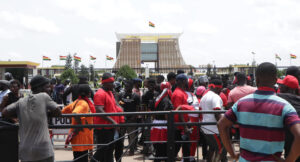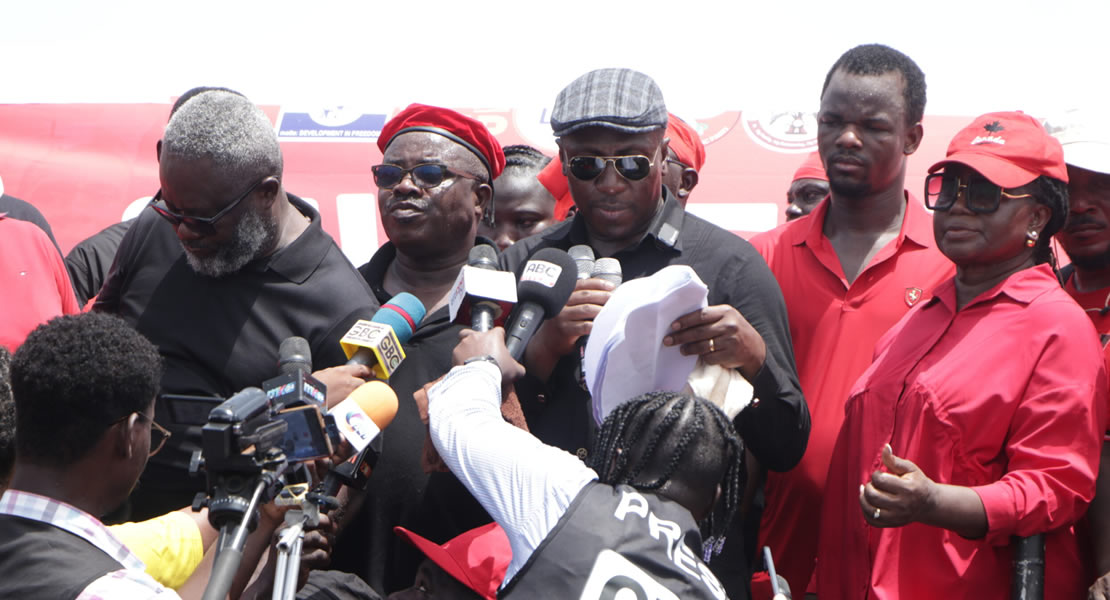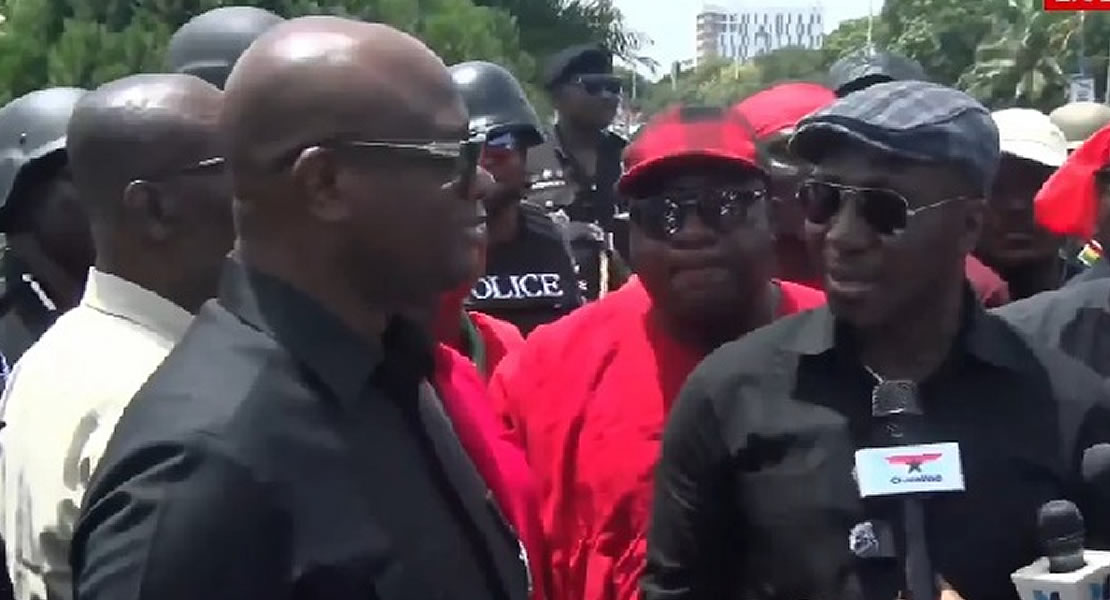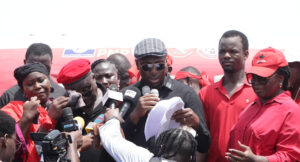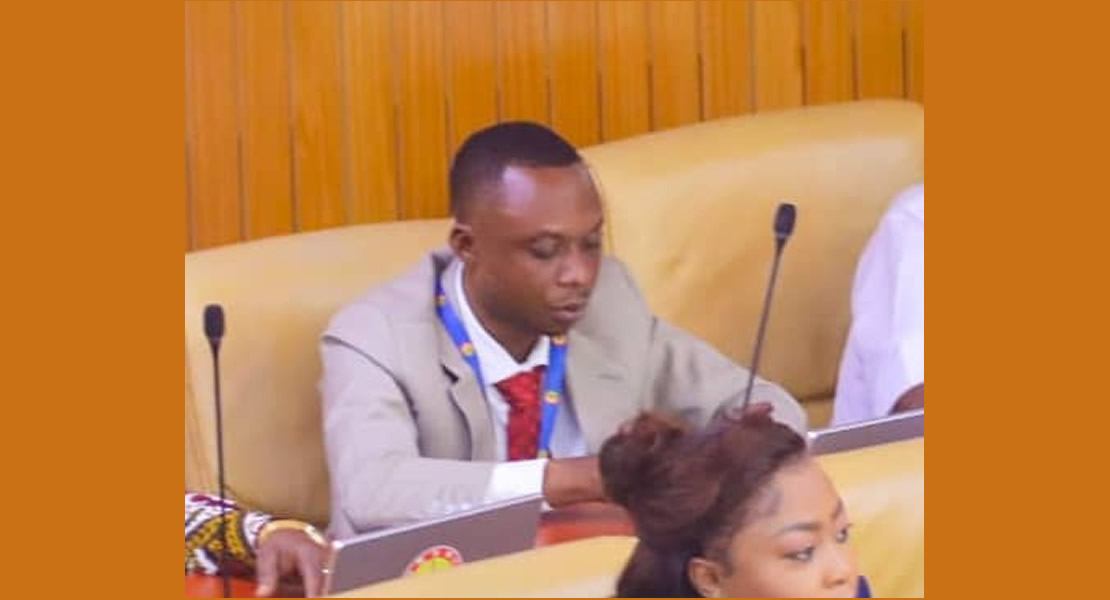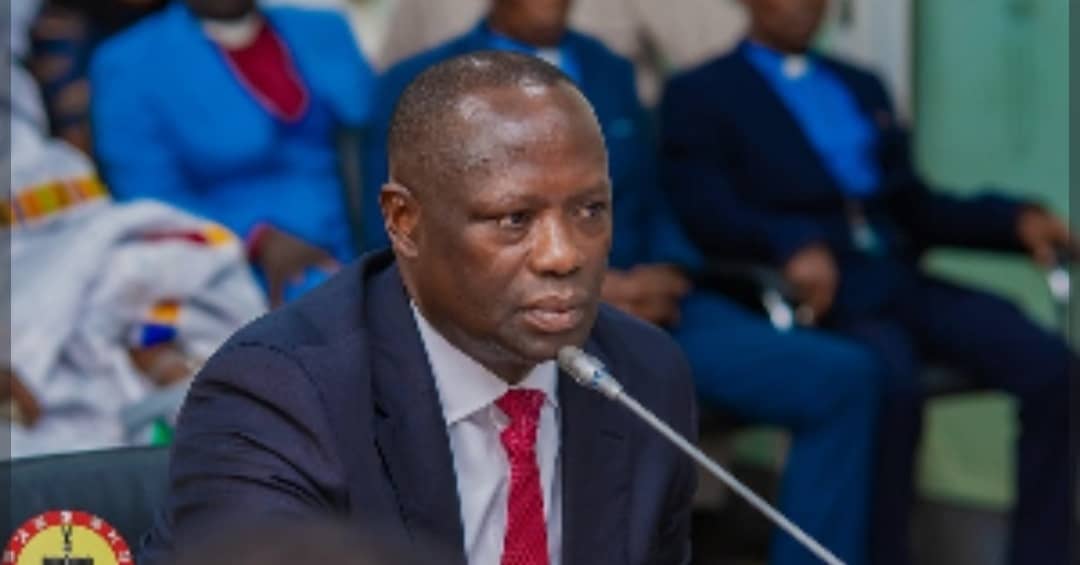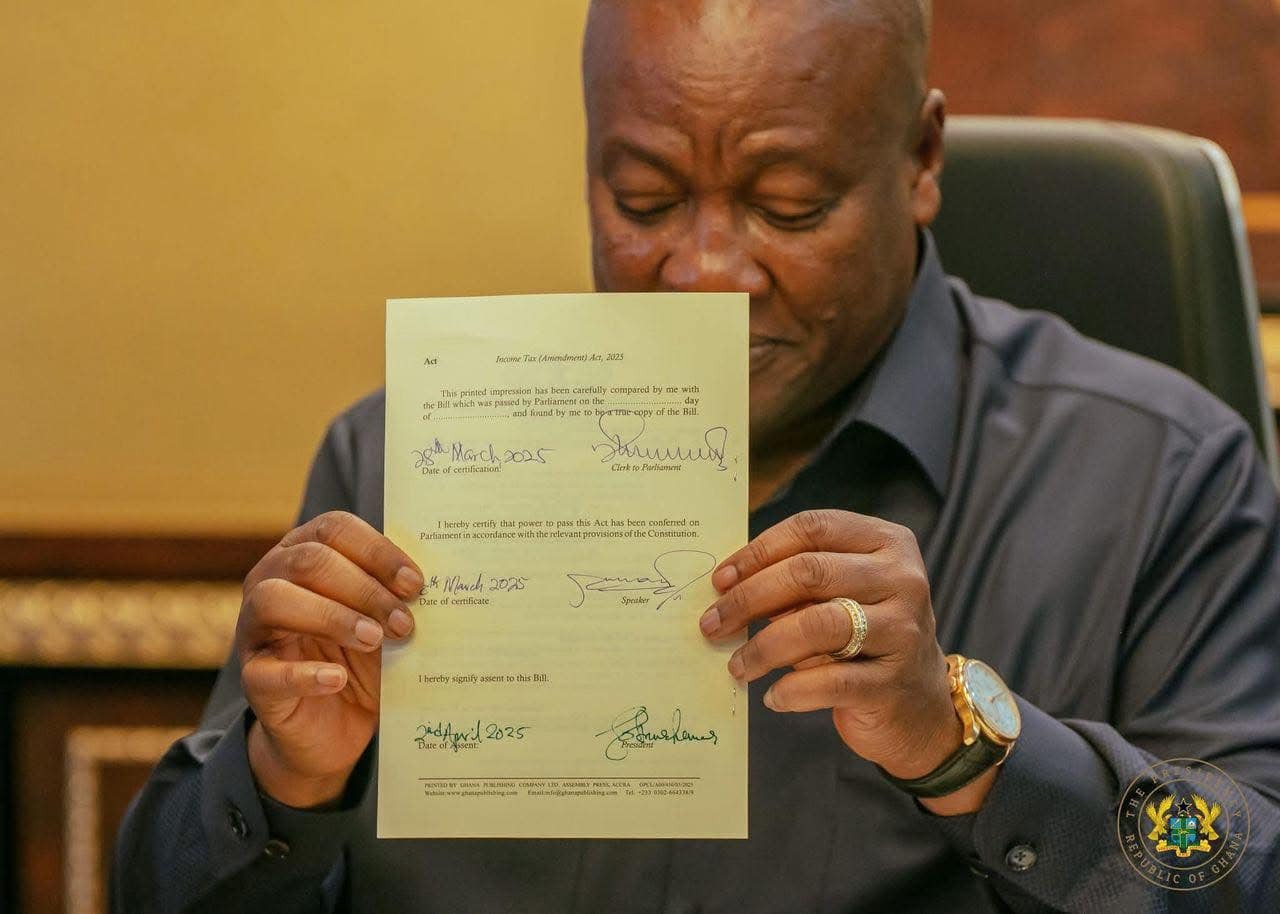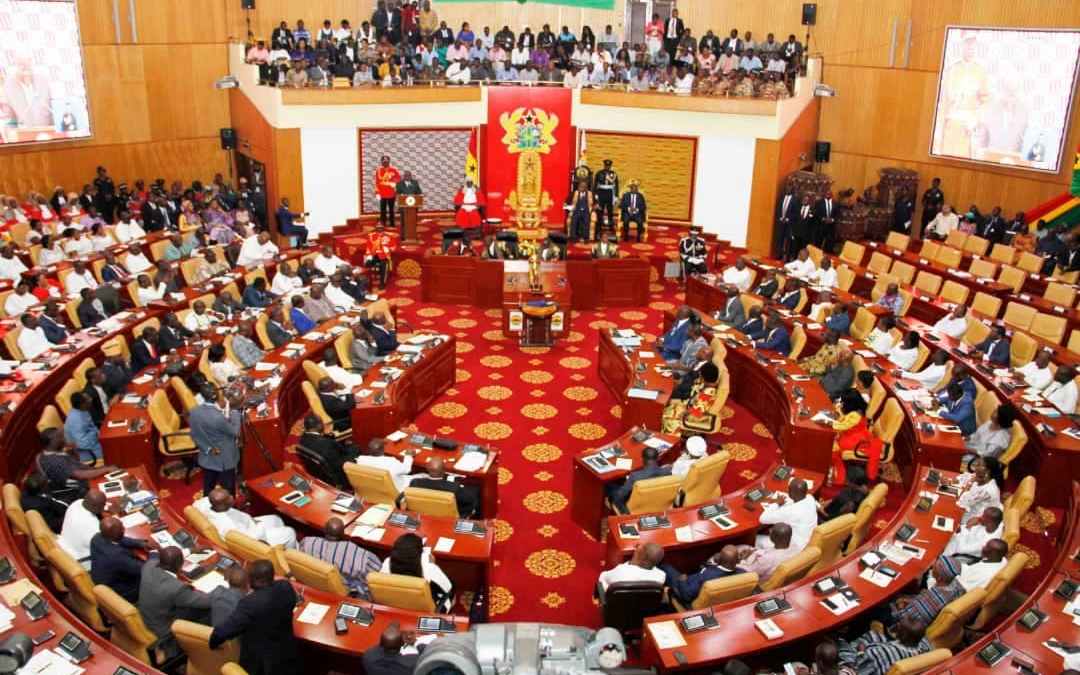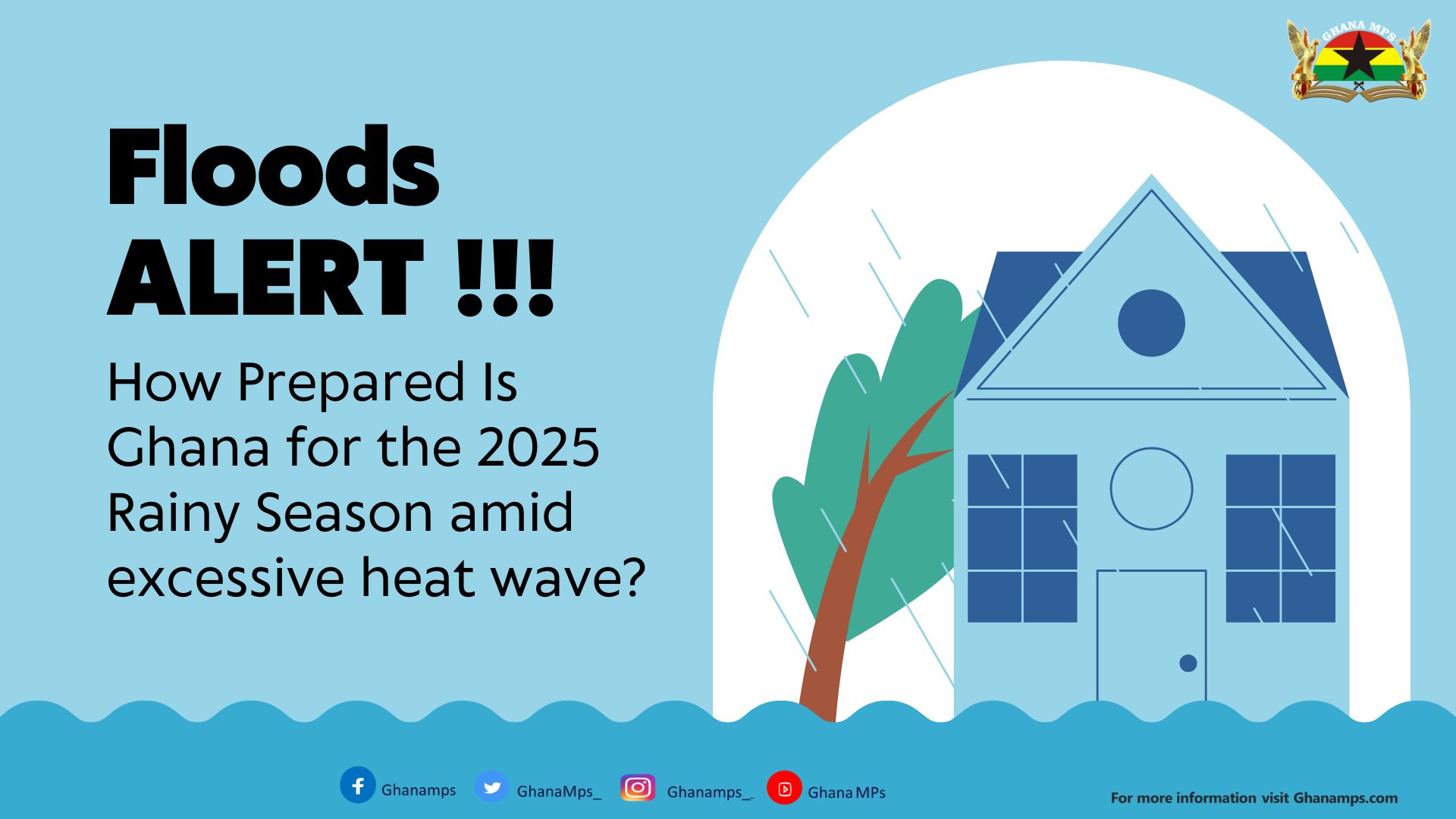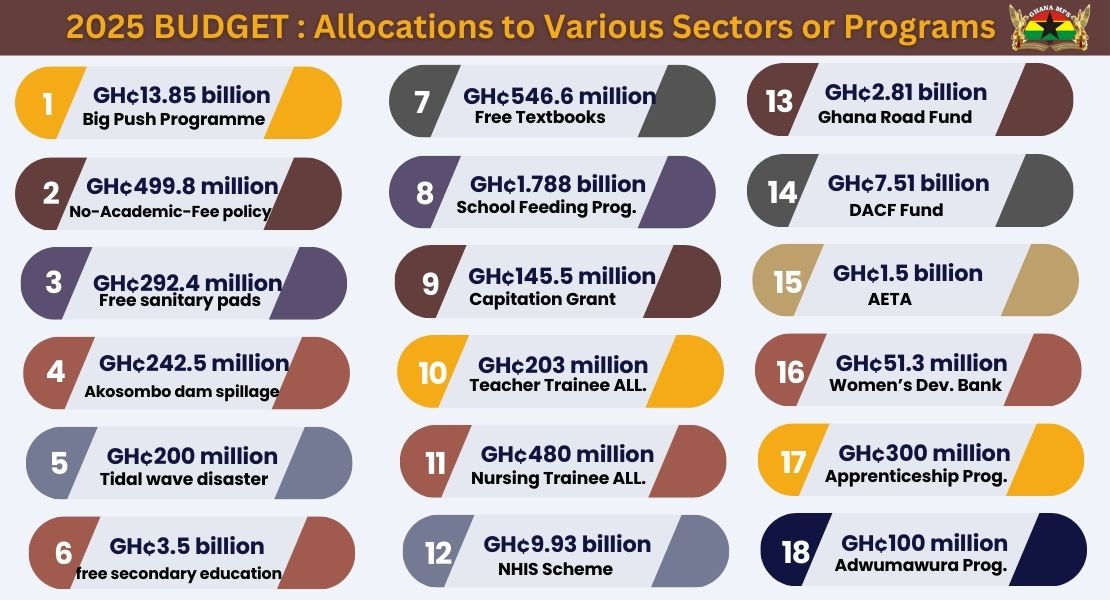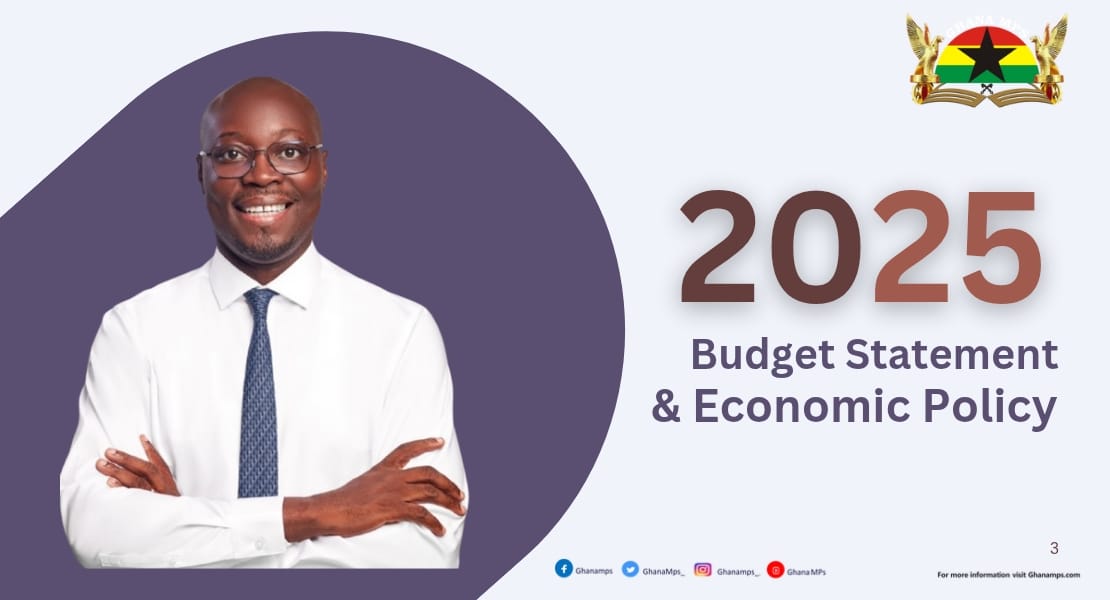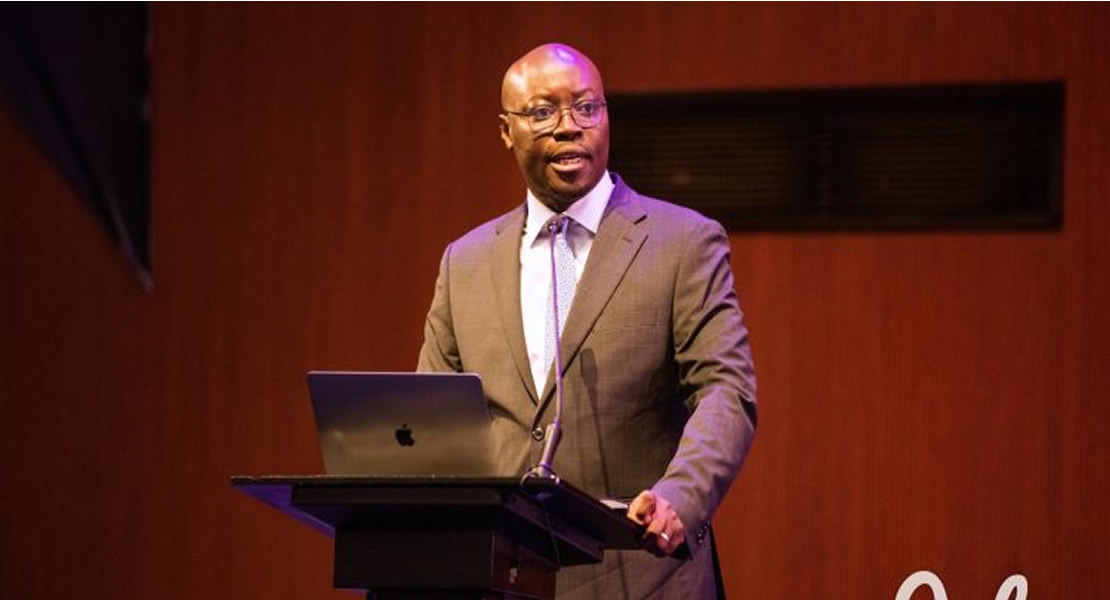As Ghana enters the 2025 rainy season, the pressing question remains: Are we prepared for the challenges ahead, or will we once again wait for disasters to strike before taking action? Year after year, the country experiences heavy rains that bring both blessings and destruction—flooding, loss of lives, destruction of property, and outbreaks of diseases. Despite recurring warnings, it often seems that the government, district assemblies, and disaster management agencies react only after the worst has happened.
According to climate experts, Ghana’s 2025 rainy season will be significantly influenced by global heat waves, which have reached record levels over the past few years. The excessive heat has disrupted normal wind patterns, contributing to unpredictable rainfall patterns.
- Most parts of the country are expected to experience near-normal to below-normal rainfall.
- The southeastern coastal areas will likely receive above-normal rainfall, increasing the risk of flooding.
- The southwestern regions may face below-normal rainfall, leading to potential drought conditions.
- Longer dry spells of 8-13 days at the beginning of the season and 10-19 days at the end could negatively affect agriculture and water supply.
Given these projections, the responsibility lies with government bodies, local authorities, and communities to implement proactive measures before it is too late.
Flooding remains one of the biggest threats during the rainy season, particularly in cities like Accra, Kumasi, and Takoradi. But has enough been done to prevent a repeat of previous disasters?
- Drainage Systems: Many drains are still clogged with waste, despite repeated calls for desilting before the rains. Has the government ensured that major drains are cleared?
- Flood Warning Systems: Are there adequate early warning systems in place, or will residents once again wake up to rising floodwaters with no prior alert?
- Emergency Shelters: Have district assemblies designated safe zones and shelters for those in flood-prone areas, or will evacuation efforts be last-minute and disorganized?
For farmers, an unpredictable rainy season means the risk of crop failure, loss of livestock, and food shortages. What steps are being taken to support agriculture?
- Have authorities provided farmers with drought-resistant seeds and improved irrigation options?
- Is there enough food storage in place to prevent shortages if certain regions experience poor harvests?
- Are agricultural extension officers providing guidance on climate-smart farming practices?
Heavy rains often bring health crises, including cholera, malaria, and respiratory infections. Have public health authorities made the necessary preparations?
- Are hospitals and clinics stocked with mosquito nets, anti-malaria drugs, and cholera treatments?
- Has there been enough public education on hygiene and sanitation to prevent waterborne diseases?
- Is the National Disaster Management Organization (NADMO) coordinating with health agencies to prepare for emergency medical responses?
Strong winds and heavy rains frequently damage roads, bridges, and power lines. How prepared is the country to minimize disruptions?
- Has routine maintenance been carried out on roads and bridges in flood-prone areas?
- Are power companies monitoring vulnerable areas to prevent outages and electrocutions?
- Are construction projects adhering to proper drainage planning, or are buildings still being constructed in waterways?
Ghana has seen the consequences of poor planning and delayed responses during previous rainy seasons. The time for reactionary measures is over—it is time for a proactive approach.
- Government agencies must act now to ensure adequate flood control, infrastructure maintenance, and health preparedness.
- District assemblies must enforce regulations against building in flood-prone areas and ensure drains are properly maintained.
- Communities must take responsibility by keeping their surroundings clean and reporting hazards before they turn into disasters.
- The media and civil society organizations must hold authorities accountable to ensure early interventions are implemented.
President John Dramani Mahama recently breathed air of hope in dealing with flood issues with the establishment of a seven-member Anti-Flood Taskforce to combat Ghana’s persistent flooding challenges.
As part of its field operations, the Anti-Flood Taskforce conducted an aerial reconnaissance mission to assess flood-prone areas and gather critical data to prevent future disasters.
Key locations surveyed included Weija, the Sakumono Ramsar site, and the Tema Fishing Harbour area. Following the aerial survey, Mr. Stanislav Dogbe announced that the government will enforce stricter flood prevention measures.
The 48 Engineers Regiment of the Ghana Armed Forces, in collaboration with local government authorities, will commence desilting of major drains to improve water flow and mitigate flood risks. Additionally, a road reconnaissance survey will be undertaken to assess the impact of poor drainage systems on flooding.
Mr. Ahmed Ibrahim assured that flood assessment efforts will extend beyond Accra to other regions. “The rains will be setting in soon, and permanent solutions must be implemented. But in the interim, maintenance works like desilting must be the immediate step,” he stated.
The question remains: Are we truly prepared for the 2025 rainy season, or will we wait for another disaster before we take action?
Shang Annang Papa Nii/Ghanamps.com
